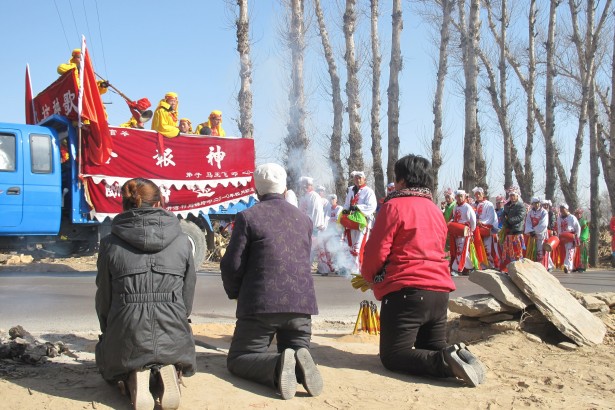Taking snake-eating turtles as a starting point to build Taiwan into a turtle conservation center in Southeast Asia.
Share610 + 112 Tweet1 EmailShares 623
After controversial Chinese herbal medicines such as rhino horn, tiger bone and bear bile have attracted attention to animal conservation, "tortoise plate", the most widely used animal traditional Chinese medicine, has caused numerous wild turtles in Southeast Asia, including Taiwan, to be overfished, triggering a crisis of endangered species. Taiwan's snake-eating turtles have been overhunted and smuggled into the mainland in recent years in the face of China's expanding demand for food from tortoise plates.
In order to conserve Taiwan's native turtles, the Forestry Bureau of the Council of Agriculture plans to set up a "Taiwan Turtle Conservation and Research Center" at the Chiayi contact, which will take the restoration of Taiwan's snake-eating turtles as a starting point and hope to develop into a "Southeast Asian Turtle Conservation Center" in the future.
What is rare is that in the process of developing Taiwan into a turtle conservation center in Southeast Asia, Pan Siyuan, founder of Jinghua Hotel Group, took the lead in donating NT $1 million to support the Forestry Bureau's plan to promote the restoration of snake-eating turtles in Taiwan. Continued donations will help promote Taiwan to become a tortoise conservation center in Southeast Asia.


Firewood coffin turtle. Photo / Forest Bureau provides golden turtles. Photo / courtesy of the Forestry Bureau
Criticize the behavior of religious groups in Taiwan to cut down forests and build temples
Finally, at a press conference on donating money for the conservation of snake-eating turtles, Pan Siyuan criticized the practice of Taiwan's religious groups to cut down forests and reclaim hillside land to build temples.
He said that at present, the vast majority of temples built on hillsides in China are illegal. When he questioned the illegal behavior of the temple, the answer he got was that "where there is the Dharma, there is a way, and if there is a way, there is no law." some religious groups even made a fortune by building temples on the hillside, leaving Taiwan's forests riddled with holes.
Pan Siyuan called on religious groups to stop cutting down forests to build temples on hillsides, stop destroying ecology, and give Taiwan an ecologically fresh look, so that future generations can have the right to enjoy fresh air.
(this article sponsors personnel funds for the Foundation of Environmental Education, a legal person of the consortium, but does not interfere with news topic selection and interview writing to ensure the independence of the news.)
Share610 + 112 Tweet1 EmailShares 623
- Prev

[0620 statement] "the truth of advertising in the name of science"-this Council's statement on FDA 0618 advertisements
[0620 statement] "the truth of advertising in the name of science"-this Council's statement on FDA 0618 advertisements
- Next

"the Last Loess Plateau"-2013 "Niu Wang Hui" in Northern Shaanxi
"the Last Loess Plateau"-2013 "Niu Wang Hui" in Northern Shaanxi
Related
- A course of planting techniques and methods on how to grow carrots
- How to plant the latest tulips?
- Is it better to pick tea in the morning or in the afternoon? When is the best time for tea to be picked? what is the third or fifth tea?
- Launch Yuanxiao Happy combination Haocha + Tea Yuan healthy Taste
- Penghu Tourism "Fireworks 20 Parade with You"
- 2022 West Lake Happiness holds "Digital Revitalization Voucher" and draws iphone13 and laptop.
- Banqiao Fuzhou social houses are designed to change start-up combined with police elimination to create a safe and livable environment
- The convenient measure of "mechanical weeding" in Xinbei has been abused and the Agriculture Bureau has imposed heavy penalties on the illegal land consolidation.
- Changgeng University Joins Hands with Four Memory Factories to Rescue Memory Talent Shortage
- The list of Taiwan's top 100 MVP managers is listed by the Director-General of the Farmers' Association of Sanxia District.

